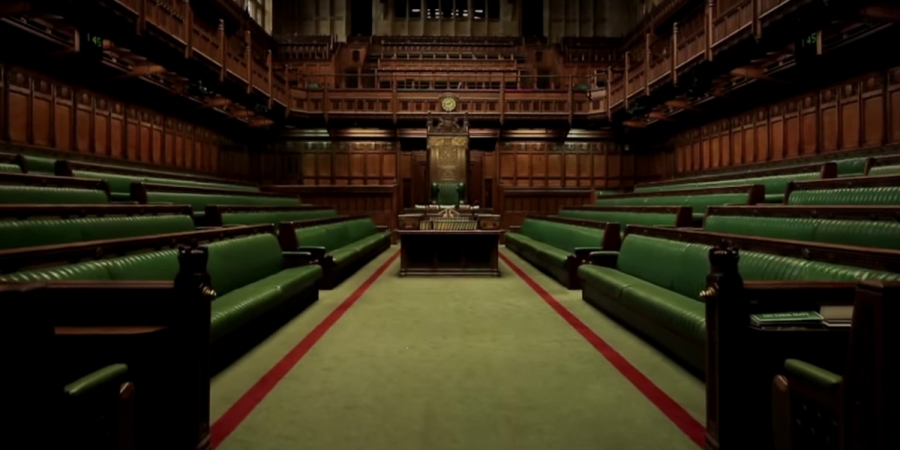
Photo: UK Parliament

Photo: UK Parliament
The debate around Unidentified Aerial Phenomena (UAP) has gained a huge amount of traction and press attention internationally, particularly in the United States, where whistleblower testimonies and reports of unidentified drones above military bases have dominated headlines. Here in the UK, little has been said on the topic, until this week when a question was raised in the House of Commons.
David Reed, the Conservative MP for Exmouth and Exeter East, submitted a formal query to the Secretary of State for Defence. Parliamentary written questions like this allow Members of Parliament to request information on the work, policy, and activities of government departments.
Reed asked, "To ask the Secretary of State for Defence what his Department's policy is on reporting Unidentified Aerial Phenomena; and whether new material has been classified on the subject since the UK's declassification programme." This inquiry, raised during a time of heightened international concern, aimed to clarify the UK's position.
The response to Reed's question came on December 11 from Labour MP Luke Pollard, representing Plymouth Sutton. In his reply, Pollard stated that the Ministry of Defence (MOD) has maintained a consistent position on UAPs over the last five decades. He began by stating that "in over 50 years, no sighting reported to the Department has indicated the existence of any military threat to the United Kingdom." This assertion reinforces the MOD's view that UAPs do not warrant immediate investigation.
Pollard's statement also clarified that the MOD ceased its investigations into UAPs in 2009. At that time, it was determined that dedicating staff to such efforts was not the best use of resources. Instead, the MOD chose to reallocate its personnel to other defence-related priorities. Pollard noted, "It has been deemed more valuable to prioritise MOD staff towards other Defence-related activities."
Another key point in the response was the assurance that no new material on UAPs has been classified since the closure of investigations in 2009. This aligns with the UK's declassification programme, through which all MOD files related to UFOs up until 2009 were made publicly available at The National Archives. By stating that "all MOD files relating to UFOs that were created up until 2009 have been released to The National Archives (TNA)," Pollard underscored the MOD's commitment to transparency in handling historical data on UAPs.
Looking to the future, Pollard's response made it clear that the MOD has no plans to establish a dedicated team to investigate alleged sightings. This stands in stark contrast to the United States, where entities such as the All-domain Anomaly Resolution Office (AARO) have been formed to actively investigate UAPs. While acknowledging the "differing approaches currently being undertaken by other countries and allies," Pollard's response reaffirmed that the UK's measured stance remains unchanged.
Luke Pollard's Full Response from Pollard reads:
"Whilst we are aware of the differing approaches currently being undertaken by other countries and allies in the investigation of Unidentified Aerial Phenomena (UAP), the Ministry of Defence's (MOD) position on UAP remains unchanged, which is, that in over 50 years, no sighting reported to the Department has indicated the existence of any military threat to the United Kingdom.
The MOD ceased to investigate reports of UFO or UAP in 2009 and has not classified any new material on the subject since. It has been deemed more valuable to prioritise MOD staff towards other Defence-related activities. For this reason, there are no current plans to create a dedicated team to investigate incidences of alleged sightings. All MOD files relating to UFOs that were created up until 2009 have been released to The National Archives (TNA)."
The UK's reaction to UAPs has consistently been more restrained compared to the US. While American officials have increased funding for investigations and held public hearings, the UK's MOD has chosen to focus on other defence priorities. This measured approach has drawn criticism from some UFO researchers, who argue that the lack of dedicated resources might reflect a dismissal of an important issue.
Pollard's response also highlighted the "differing approaches" taken by other nations. In the United States, the establishment of specialised offices and the release of previously classified footage signify a more transparent and investigative attitude. In contrast, the UK's static stance since 2009 underscores a cultural and strategic divergence.
The parliamentary written questions platform plays a crucial role in ensuring transparency, enabling MPs and Lords to question government departments on their policies and activities. The MOD's response, while clear, raises broader questions about whether the UK is adequately engaging with the evolving global discourse on UAPs.
As international interest in UAPs continues to grow, the UK's reserved stance will likely remain a topic of debate. For some, it represents rational prioritisation of resources. For others, it appears as a missed opportunity to contribute meaningfully to a subject of growing global intrigue.
More On UAPs
See All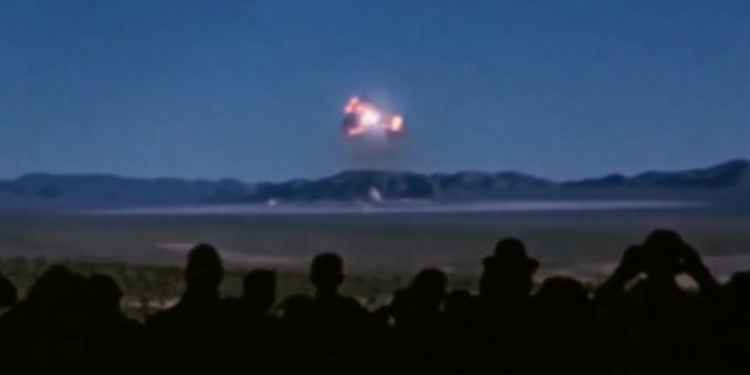
ArrayMarch 21, 2025
8 UFO/UAP Documentaries You Have To See
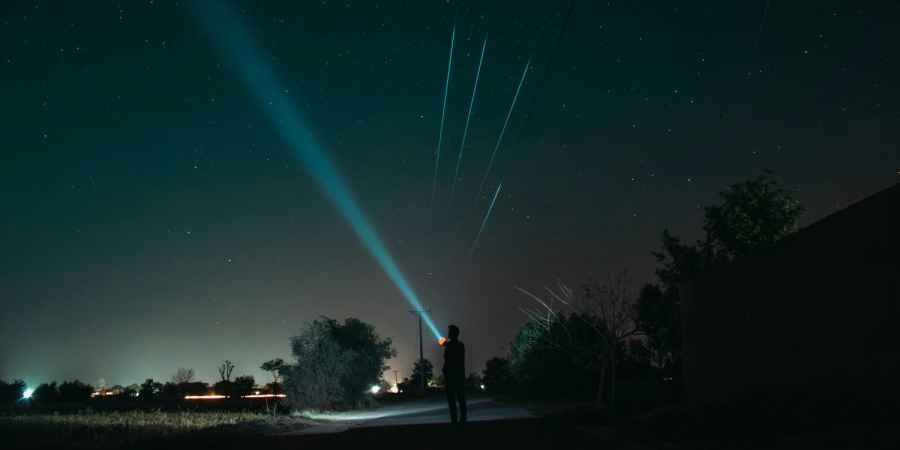
ArrayMarch 15, 2025
Today Is World Contact Day - Here Are 5 Ways You Can Try To Contact Aliens
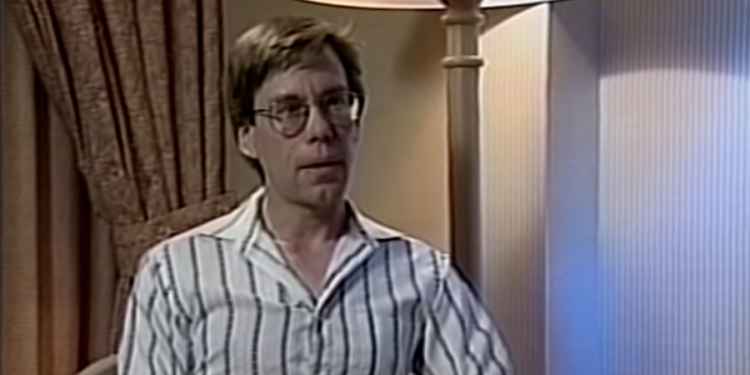
ArrayMarch 04, 2025
The Most Famous & Influential UFO Whistleblowers Of All Time

ArrayFebruary 28, 2025
Robbie Williams Says UFO Came So Close, He Could Have Touched It
Learn With Higgypop
Hosted by Paralearning in association with Higgypop, these courses on ghost hunting, paranormal investigations, and occult practices draw on the experience of our team of paranormal writers.

Diploma In Parapsychology & Psychic Phenomena
This course gives you practical and useful knowledge of ghost hunting and paranormal research, which is invaluable when conducting your own paranormal investigations or as part of a group event.
View Course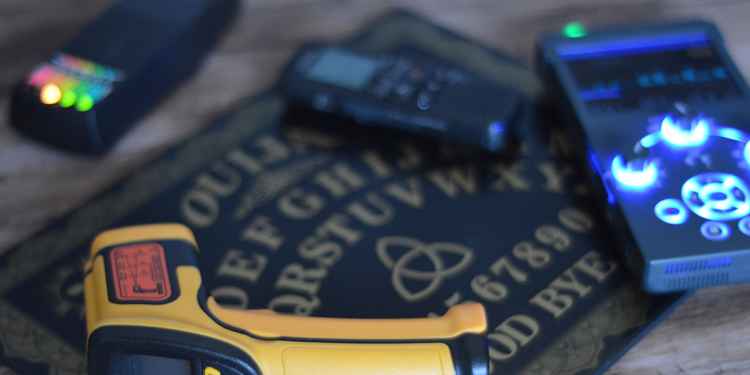
Diploma In Practical Ghost Hunting & Scientific Analysis
This course gives you practical and useful knowledge of ghost hunting and paranormal research, which is invaluable when conducting your own paranormal investigations or as part of a group event.
View CourseMore Like This

UfosMarch 21, 2025
8 UFO/UAP Documentaries You Have To See

AliensMarch 15, 2025
Today Is World Contact Day - Here Are 5 Ways You Can Try To Contact Aliens
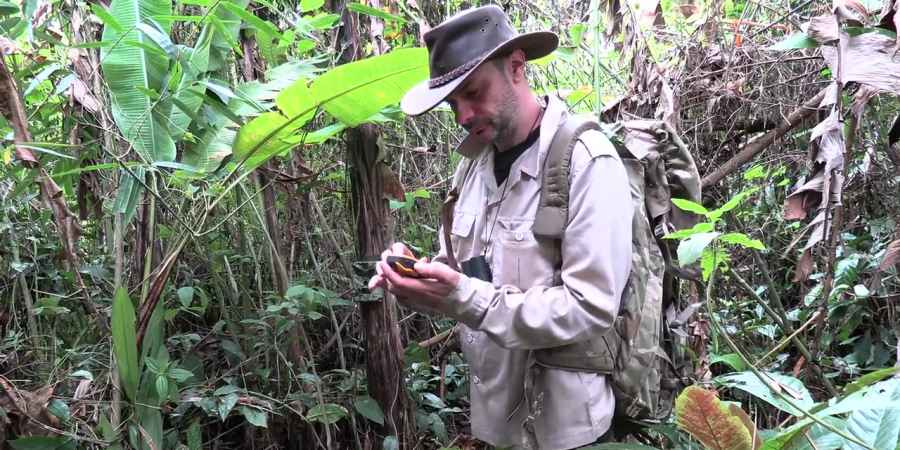
Big CatsMarch 12, 2025
Elusive Orang Pendek & Sumatran Tiger Discovery Captured In Groundbreaking Expedition

UfosMarch 04, 2025
The Most Famous & Influential UFO Whistleblowers Of All Time
 See More on Audible
See More on Audible
Comments
Want To Join The Conversation?
Sign in or create an account to leave a comment.
Sign In
Create Account
Account Settings
Be the first to comment.